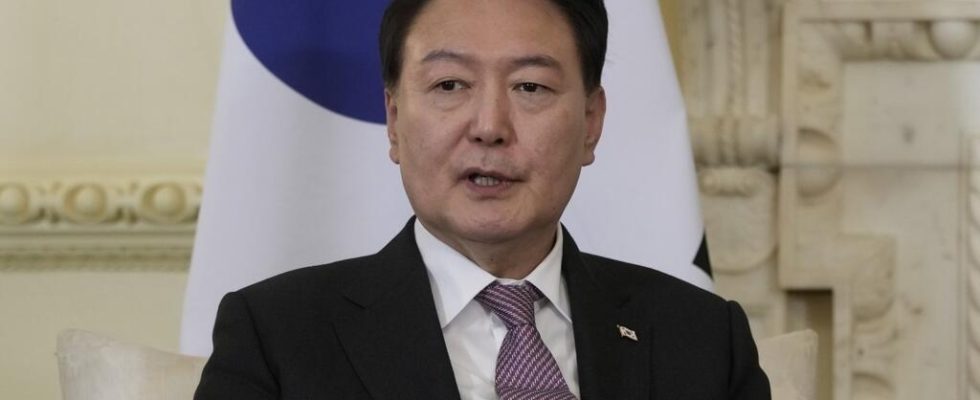As the South Korean legislative elections approach in April, the ” deepfakes » are multiplying on social networks. These misleading videos using artificial intelligence to create false narratives from real images spread very quickly. A real scourge that institutions are trying to combat.
2 mins
With our correspondent in Seoul, Celio Fioretti
“ I’m Yoon Suk-yeol, I support laws that harass Koreans. I am incompetent and corrupt, my government is that of corrupt privileged people. I am Yoon Suk-yeol, I have completely ruined the Republic of Korea and made Koreans suffer because of my outdated ideology. » It’s the president’s voice, it’s his face that appears on the screen… and yet, everything is false. This extract from an alleged speech by South Korean President Yoon Suk-yeol went viral on social media in the country. This is a “deepfake”, made from pieces of speeches dating from the 2022 presidential campaign.
Read alsoDeepfake, a disinformation tool on social networks
It’s even yet another “deepfake”, as the legislative elections in April loom. Alerted about this video, the national elections commission requested its deletion from the authorities to prevent false information from spreading. But it remains difficult to make it disappear as it has spread on social networks.
South Korea is currently experiencing a veritable “deepfake” epidemic. This same commission published a recent report counting 129 such videos in just twenty days. This false information obviously poses a significant risk in the run-up to elections. Creating and distributing a “deepfake” is a reprehensible act in the eyes of the law. In South Korea, the authors of this type of video face up to seven years in prison and a fine of 38,000 euros for defamation and unrest in elections.
